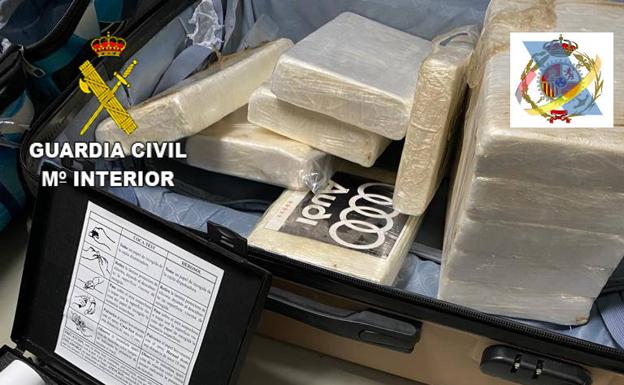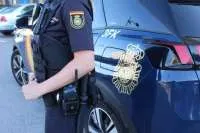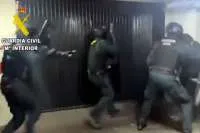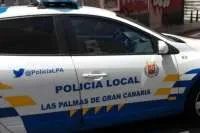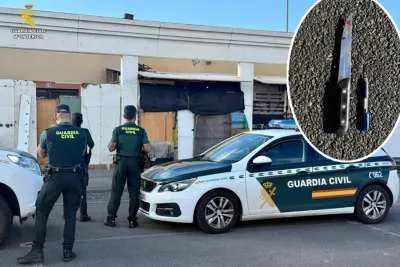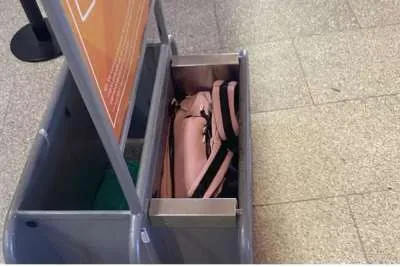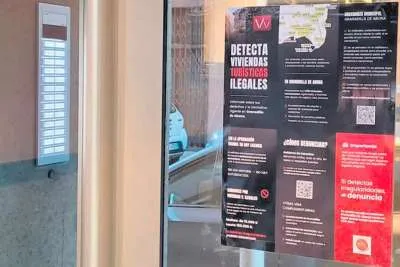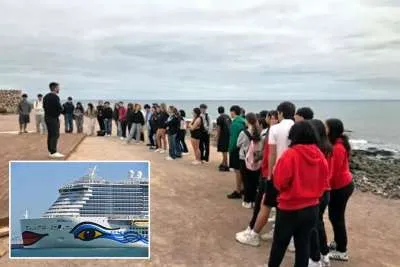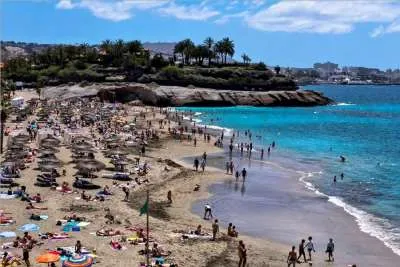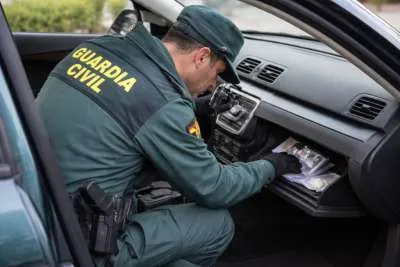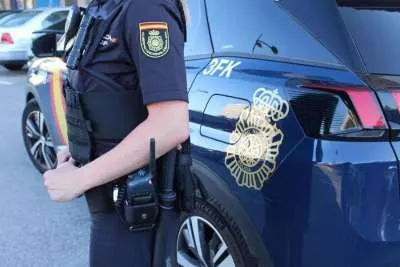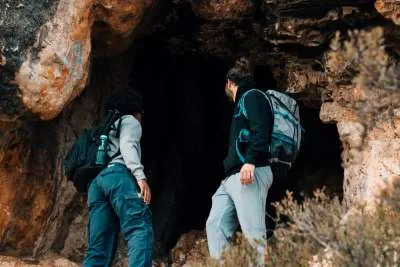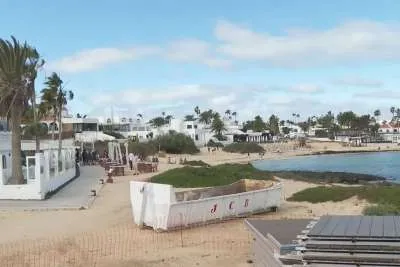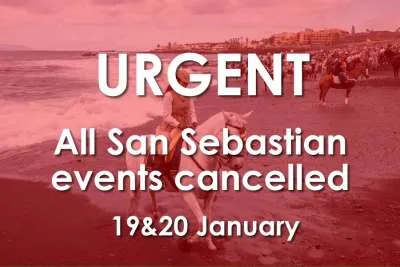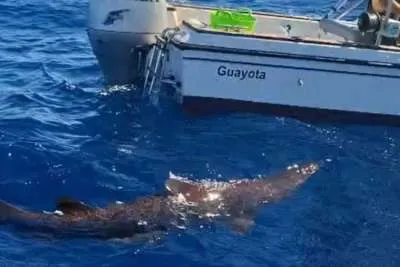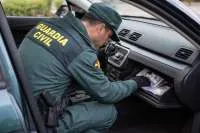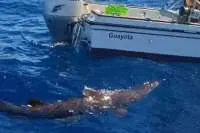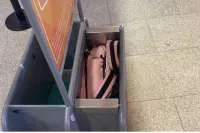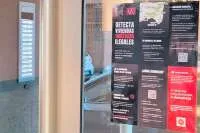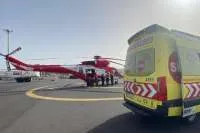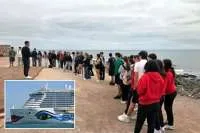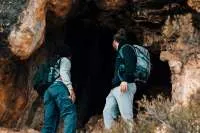Another 220 kilos of cocaine found in a container in Gran Canaria port
- 07-01-2021
- Gran Canaria
- Canarian Weekly
The UAR (Risk Analysis Unit) of Puerto de la Luz and Las Palmas, a team made up of members of the Guardia Civil and the Tax Agency, have intensified their surveillance of containers from Brazil due to the notable increase amount of cocaine they have intercepted in commercial shipments destined for, or in transit, at Spanish ports.
So far this month they have seized 220 kilograms of cocaine, where the criminals used a concealment method known as ‘Rip-Off’, which is when it is hidden in suitcases or backpacks inside containers already prepared for export, without the export company or owners of the goods knowing or realising it is happening.
This method stands out because it is difficult to detect as they choose companies who export a lot of goods in many containers, hiding the narcotics between totally legal merchandise and outside of any suspicion, which is then extracted by members of criminal organizations in transit ports, falsifying or violating their seals, without the knowledge or participation of the exporter or the importer or final recipient of the merchandise.
In this case, the drug was hidden in a large coffee shipment bound for the port of Valencia, where it would supposedly be extracted by members of the organization.
There have been several interventions of this type carried out by the Guardia Civil and the Tax Agency in Valencia in recent months, all in containers originating from Brazilian ports, such as the 550 kilograms of cocaine hidden in sacks of sugar, and the 714 kilograms of the same substance camouflaged in a commercial shipment of boxes of paper, both carried out in Operation Crankbrook, where 11 people were arrested in June.


